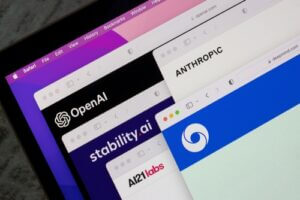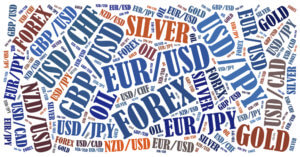PayPal, the renowned online payments giant based in California, has taken a significant stride in the world of cryptocurrencies. On Monday, the company introduced a groundbreaking Ethereum blockchain-based stablecoin known as PayPal USD (PYUSD), which is pegged to the U.S. dollar. This fully-backed and regulated stablecoin aims to bridge the gap between traditional fiat currencies and the blockchain, catering to consumers, merchants, and developers.
The launch of PayPal USD has been hailed as a watershed moment for the crypto ecosystem by industry experts. Alex Vasiliev, co-founder and chief commercial officer at U.K.-based fintech firm Mercuryo, described it as a remarkable event in the history of the crypto ecosystem. This partnership highlights the coexistence of traditional financial systems and the crypto landscape, proving that both can efficiently complement each other.
Backed by U.S. dollar deposits, short-term U.S. Treasuries, and similar cash equivalents, PayPal USD is set to roll out in the coming weeks. The stablecoin will soon be available on Venmo, a popular peer-to-peer payment application owned by PayPal. Users of PYUSD will enjoy the flexibility of transferring the stablecoin to compatible external wallets and utilizing it for various purposes, including person-to-person transactions, funding purchases at checkouts, and even buying foreign currencies. Additionally, the integration enables seamless conversion between PayPal-supported cryptocurrencies and PYUSD.
Paxos Trust Company, the issuer of Binance’s BUSD stablecoin, is responsible for issuing PYUSD. Although the project faced regulatory scrutiny earlier in the year, this strategic move signifies PayPal’s strong commitment to harnessing the transformative potential of cryptocurrencies. Jose Fernandez da Ponte, the general manager for blockchain and digital currencies at PayPal, emphasized the capabilities that cryptocurrencies bring to the payment ecosystem, citing their impact on transaction costs, settlement times, and programmability.
Furthermore, the non-fungible tokens (NFTs) market is witnessing a surge in popularity, with gaming-related NFTs leading the way. Mainstream adoption of gaming NFTs is evident, as four out of the top five NFT collections on CryptoSlam this week belong to gaming NFTs. This trend underlines the increasing appeal and potential of NFTs within the gaming realm.
Despite these positive developments, Huobi Global, a prominent crypto exchange, faces challenges. Its stablecoin exchange balance has plummeted by 51% in the past week amid market rumors of insolvency and investigations into its executives by Chinese authorities. These hurdles cast a shadow over the exchange’s stability and operations, raising concerns within the crypto community.
PayPal’s new stablecoin launch and the growing prominence of gaming NFTs highlight the dynamic nature of the crypto landscape, while challenges faced by exchanges like Huobi underscore the need for regulatory compliance and transparency in the industry. As the crypto ecosystem continues to evolve, these developments will undoubtedly shape its trajectory and future growth.











